Many years ago, Prof. Pierluigi Sapelli, having to organise a meeting on evidence-based dentistry, “forced” me to give a talk on the subject. This led me to study in a frenzied way in order to better understand what goes behind a scientific publication and to familiarise myself with words that at the time were almost unknown to those who were not “super experts”. Thereafter, I better understood the difference between personal opinions, published here and there, and serious research, multicentre studies, reviews, and meta-analyses.
Those were the days of in-depth research, the days when the same implant remained on the market for years without significant changes and the follow-up lasted for several years.
Then, as now, I used to try to explain to those who attended my conferences how to read the documentation that accompanied new products put on the market. I am now forced to notice that the situation is taking a worrying, and perhaps dramatic, turn. This is certainly true for all sectors and in all countries, but our profession, dentistry, a profession where most are freelancers, is paying the price in an amplified manner for this increasingly emerging phenomenon.
Understanding the dramatic vicious circle is quite simple: research about a product or procedure, well-conducted and with intellectual honesty on the part of researchers, requires a great deal of time and energy and, ultimately, a financial investment. When there is a potential risk of the results being unfavourable to what has been studied, who then wants to spend money on verifying the scientific validity of a protocol or a material that will perhaps be modified owing to market requirements within a short time? Moreover, it is very often enough to comply with CE regulations, which certify that a product has met EU health, safety and environmental requirements, in order to market a new product. This says nothing about its efficacy or real intended use, and, therefore, supposedly therapeutic products can be proposed to us without any kind of scientific support or research behind them. There can sometimes be laughable documentation which refers to general concepts and not to the product in question.
Unfortunately, all this sometimes occurs with the guilty silence of a plethora of scientific societies that all too often talk about the highest systems instead of making themselves, as would be good and desirable, guarantors of the scientific nature of products and protocols. Mala tempora currunt [These are bad times], and it only remains for us to hope that an individual capacity for criticism will be able to guide young colleagues towards conscious choices to prevent experimentation on unsuspecting patients who honour us with their trust—a trust which should never be betrayed.
Tags:
In 1986 Mauro Labanca earned his Medical Doctor degree from the University of Milan, where he also qualified in dentistry and general surgery. He has ...
Immediate loading is increasingly being offered as a routine method in dental implant surgery. However, according to Dr Mauro Labanca, it should be handled ...
I will paraphrase Giovanni Pascoli in saying how I foresee the future of implantology this year: I feel like I can say that much of what appears new is in ...
As of today, Italy has had the highest death toll of any country impacted by the coronavirus. According to the latest numbers available from the Johns ...
Live webinar
Tue. 24 February 2026
1:00 pm EST (New York)
Prof. Dr. Markus B. Hürzeler
Live webinar
Tue. 24 February 2026
3:00 pm EST (New York)
Prof. Dr. Marcel A. Wainwright DDS, PhD
Live webinar
Wed. 25 February 2026
11:00 am EST (New York)
Prof. Dr. Daniel Edelhoff
Live webinar
Wed. 25 February 2026
1:00 pm EST (New York)
Live webinar
Wed. 25 February 2026
8:00 pm EST (New York)
Live webinar
Tue. 3 March 2026
11:00 am EST (New York)
Dr. Omar Lugo Cirujano Maxilofacial
Live webinar
Tue. 3 March 2026
8:00 pm EST (New York)
Dr. Vasiliki Maseli DDS, MS, EdM



 Austria / Österreich
Austria / Österreich
 Bosnia and Herzegovina / Босна и Херцеговина
Bosnia and Herzegovina / Босна и Херцеговина
 Bulgaria / България
Bulgaria / България
 Croatia / Hrvatska
Croatia / Hrvatska
 Czech Republic & Slovakia / Česká republika & Slovensko
Czech Republic & Slovakia / Česká republika & Slovensko
 France / France
France / France
 Germany / Deutschland
Germany / Deutschland
 Greece / ΕΛΛΑΔΑ
Greece / ΕΛΛΑΔΑ
 Hungary / Hungary
Hungary / Hungary
 Italy / Italia
Italy / Italia
 Netherlands / Nederland
Netherlands / Nederland
 Nordic / Nordic
Nordic / Nordic
 Poland / Polska
Poland / Polska
 Portugal / Portugal
Portugal / Portugal
 Romania & Moldova / România & Moldova
Romania & Moldova / România & Moldova
 Slovenia / Slovenija
Slovenia / Slovenija
 Serbia & Montenegro / Србија и Црна Гора
Serbia & Montenegro / Србија и Црна Гора
 Spain / España
Spain / España
 Switzerland / Schweiz
Switzerland / Schweiz
 Turkey / Türkiye
Turkey / Türkiye
 UK & Ireland / UK & Ireland
UK & Ireland / UK & Ireland
 Brazil / Brasil
Brazil / Brasil
 Canada / Canada
Canada / Canada
 Latin America / Latinoamérica
Latin America / Latinoamérica
 USA / USA
USA / USA
 China / 中国
China / 中国
 India / भारत गणराज्य
India / भारत गणराज्य
 Pakistan / Pākistān
Pakistan / Pākistān
 Vietnam / Việt Nam
Vietnam / Việt Nam
 ASEAN / ASEAN
ASEAN / ASEAN
 Israel / מְדִינַת יִשְׂרָאֵל
Israel / מְדִינַת יִשְׂרָאֵל
 Algeria, Morocco & Tunisia / الجزائر والمغرب وتونس
Algeria, Morocco & Tunisia / الجزائر والمغرب وتونس
 Middle East / Middle East
Middle East / Middle East


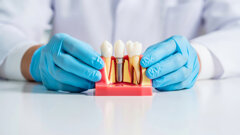





















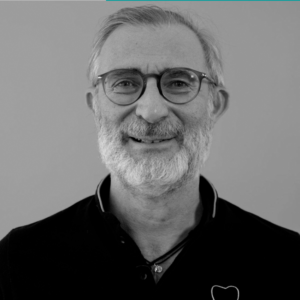
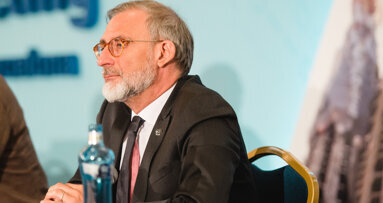

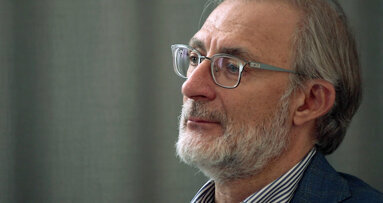
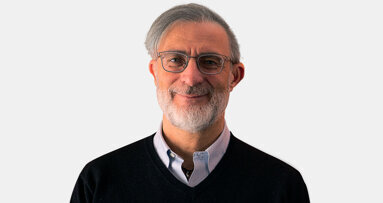









To post a reply please login or register